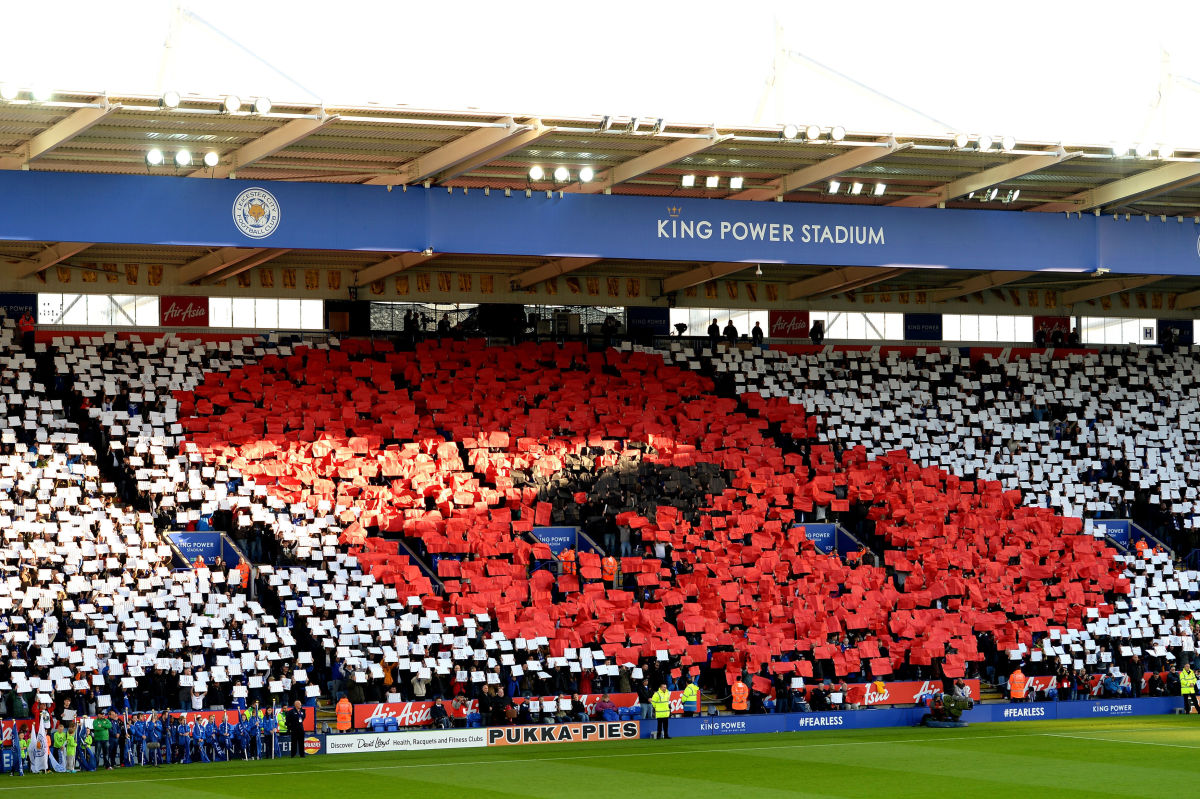The Christmas Truce: Did British & German Soldiers Really Play Football in No-Man's Land?

In the midst of unspeakable human loss, it is unsurprising that the Christmas truce of 1914 has become such a powerful idea. The image of enemy soldiers meeting in no-man's land to exchange gifts is a touching one, reminding us that humanity triumphs even in the darkest hour.
The idea that these men might have engaged in a game of football is a common theme in such stories. From Blackadder to Doctor Who, modern interpretations of the Christmas truce often depict soldiers who spoke different tongues bonding over the universal language of the Beautiful Game.
It almost seems too good to be true. Was it?
An artist's impression of the Christmas truce: "British and German Soldiers Arm-in-Arm Exchanging Headgear: A Christmas Truce between Opposing Trenches".#HISTORY #CHRISTMAS #WW1 #WWI #WAR #PARLIAMENTPUNK pic.twitter.com/sXgUhlpy7q
— Parliament Punk (@parliamentpunk_) December 23, 2018
It is certainly a common misconception that this truce was the first of its kind. The 'live and let live' attitude of trench warfare in the first World War meant that the two sides would often agree to a temporary ceasefire in order to rebuild trenches, heal the wounded, and bury the dead.
It was rare that both sets of soldiers should emerge from their trenches at the same time though. They would usually take it in turns to run repairs and gather bodies, with the other side remaining in their trenches until the field had been cleared. High Command did not want their men fraternising with the enemy face-to-face.
On Christmas Eve 1914, British soldiers became aware of lights and fir trees going up along the German line. The sounds of 'Stille Nacht' - Silent Night - drifted across on the cold night's air. The British listened, awestruck, applauding their foes when they finished and then responding with a chorus of 'The First Noel', for which they also received an ovation.
After more carols were exchanged, it was the Germans who extended calls for a truce. One man from either side met in the middle and shook hands, before turning back to their comrades and waving to signal that the coast was clear. "And then we flocked out, like a football crowd," remembers Leslie Walkington of the Queen's Westminster Rifles.
Here the story of the Christmas Truce from the people who were there - Voices of #WW1 Podcast 9:The Christmas Truce https://t.co/h0WjHf8a4X
— Imperial War Museums (@I_W_M) December 24, 2015
Nobody contests this version of events. There is enough testimony for us to say, without question, that there was a truce, that there was singing, and that soldiers met in no man's land to exchange alcohol, cigarettes and pleasantries.
The only thing nobody can agree on is the football. It's good to know that some things never change.
In a letter that he wrote at the time, Walkington said: "Some of them were trying to arrange a football match but it didn't come off." Malcolm Brown and Shirley Seaton's 1984 book on the Christmas truce states that the ground - frozen solid and with huge craters caused by shelling - would not have been conducive to a proper match.
Yet others swear that a game took place. German Lieutenant Kurt Zehmisch claims that a 'marvellously wonderful' match ensued with a ball provided by the English. His compatriot, Lieutenant Johannes Niemann, says that soldiers used their caps as makeshift goalposts.
@Wiblicks This is taken from the diary of Leutnant Johannes Niemann, 133 Royal Saxon Regiment, Christmas Day 1914. A more befitting HISTORICAL Tweet than that done by @HistoryExtra who have access to Archives I can only dream of. pic.twitter.com/rbJqSwY8af
— P¡nk & Susan 🇪🇺🎩👒 (@Wiblicks) December 25, 2017
There are at least three sources which agree on the final score. The 1915 New Year's Day edition of the Times reported that British soldiers "played a game with the Saxons and lost 3-2." Niemann also claimed a 3-2 win for the Germans, as did British officer and writer Robert Graves in his 1962 reconstruction of the truce.
More than a century later, British military historian Taff Gillingham believes he has finally unearthed incontrovertible evidence that football was played during the truce. Skilled at sorting fact from fiction, Gillingham had whittled down reliable soldiers' accounts mentioning football to just four.
He uncovered a letter from Corporal Albert Wyatt of the Norfolk regiment, saying that he had played football on Christmas Day 1914. This corroborated a letter sent by Sergeant Frank Naden from the 1/6th Cheshires, who also claimed to have had a kick-about in no-man's land.
The regiments to which these men belonged were both on the front line at the time of the truce, so it would appear that this evidence is watertight. 104 years ago today, British and German soldiers were playing football on a frozen field of mud in northern Belgium.

The size of the game is still disputed though. A British soldier called Ernie Williams said: "I should think there were about a couple of hundred taking part." Mark Connelly, Professor of Modern British History at the University of Kent, thinks it unlikely that the game was anything more than "just men tapping a ball about a bit."
Ultimately, I don't think it's that important to understand exactly what happened. The fact that so many soldiers have exaggerated their accounts of football on that day shows that they wanted it to be true as badly as we do.
Whether they had a full match or just a kick-about, whether they played with a real ball or a bully beef tin, it doesn't matter. Against orders, hundreds of men laid down their weapons, and some of them played football with the enemy. A Christmas miracle in the most unlikely surroundings.
Sources: BBC Guides, History Extra, Wikipedia, Guardian, CNN
